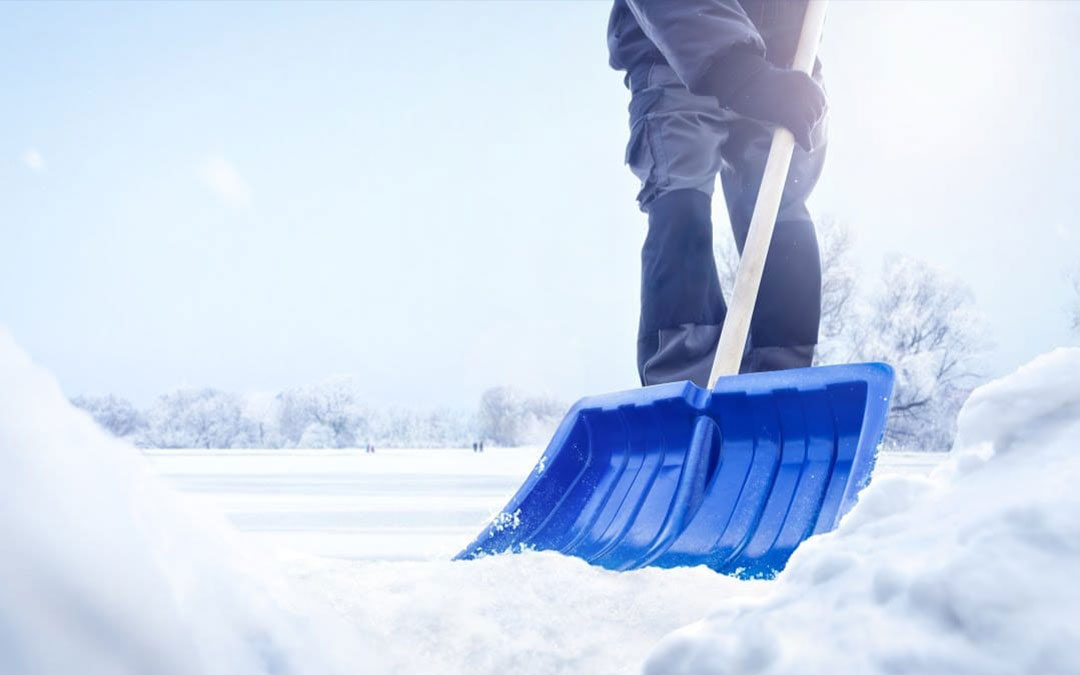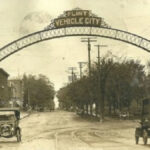Hamilton Community Health Network offers tips
The Snow Season should be wrapping up soon, but it IS Michigan, and no one really believes the snow shoveling season is over. That means many of us will be back out in our driveways with shovels, lifting and throwing, literally, tons of snow.
Did you know that snow shoveling is one of the highest intensity exercises you can attempt? You are using all your major muscle groups. If you load a shovel (2 plus pounds) with 10 pounds of snow every 5 seconds, you move a load of over 140 pounds per minute. In 15 minutes’ time, you will have moved a load of more than one ton. How long are you out there shoveling? Such effort is obviously not for everyone. Heart attacks, back strain, and injury as well as muscle soreness can all be by-products of snow shoveling. Shoveling snow can be made even more difficult by the weather. Wintry weather makes it harder to work and breathe, which adds more strain to the body.
Hamilton Community Health Network Nurse Practitioner, Nicole Mangett, offered some insight for those shoveling after large snowfalls. “If you plan to shovel snow, it is important to do a short warm up to get blood flowing prior to the strenuous activity and realize that shoveling is a work-out.“
Mangett further explained, “snow shoveling can be equal to the stress and cardio work out as a strenuous aerobic work-out. Shoveling snow increases your heart rate, blood pressure, and overall stress to the heart. Combine that with cold weather and it can cause the heart to work even harder and possibly lead to a cardiac episode or even a heart attack.”
The American Heart Association says the extra stress on the cardiovascular system while shoveling or snow blowing says anyone who has a history of cardiovascular problems or risks such as a sedentary lifestyle or obesity, high blood pressure should not be shoveling snow.
Nicole also suggested everyone who is shoveling their way out of the storm to:
- Don’t eat a heavy meal or consume alcohol before heading out to shovel
- Dress appropriately
- Take frequent breaks while shoveling and
- Never overexert yourself.
- Stop immediately and call 911 if you experience any chest pain or tightness, lightheadedness, or dizziness.
Talk with your primary care physician about your heart health today.
For more information call 810.406.4246 or visit us online at HamiltonCHN.org.






